Tennessee’s recent legislative move, the ELVIS Act (Ensuring Likeness, Voice, and the Image Security Act of 2024), has garnered attention for its efforts to address the challenges posed by artificial intelligence in the music industry. Signed into law on March 21, 2024, the ELVIS Act represents a big step by a state with a huge music industry presence to prevent the unauthorized use of artificial intelligence (AI)-generated musician soundalike content. But is it enforceable?
Brazil, a country known for its abundant natural resources, is emerging as a significant player in the global renewable energy sector. Brazil has one of the highest levels of insolation in the world (ranging from 4.25 to 6.5 sun hours per day according to the Solar and Wind Energy Resource Assessment Project – (SWERA) and is therefore uniquely positioned to harness the power of the sun.
The U.S. Chamber of Commerce’s Global Innovation Policy Center (GIPC) has filed an appeal with the U.S. Department of Commerce, which denied the GIPC’s January 2024 Freedom of Information Act (FOIA) request seeking more detail about the working group behind the Biden Administration’s draft framework for considering the exercise of march-in rights. The proposed framework was published in the Federal Register in December 2023 by the Department of Commerce and the National Institutes for Standards and Technology (NIST) and included suggestions on whether and when to exercise “march-in rights” under the Bayh-Dole Act that would arguably significantly broaden the criteria for compulsory licensing of patented technology developed with federal funding.
The U.S. Supreme Court today denied a petition for certiorari seeking clarification from the Court on the proper standard for a showing of obviousness. Vanda Pharmaceuticals filed the petition following the U.S. Court of Appeals for the Federal Circuit’s (CAFC’s) May 2023 decision invalidating Vanda’s patent on a method of using the drug tasimelteon to treat Non-24-Hour Sleep-Wake Disorder. The CAFC came to its decision in part because the court said the disclosure of clinical trials was evidence that a person of ordinary skill in the art “would have had a reasonable expectation of success.” Vanda argued in its Supreme Court petition that a “predictable results” standard should be applied instead and maintained that the High Court said as much in KSR v. Teleflex.
An en banc panel of the U.S. Court of Appeals for the Federal Circuit (CAFC) today heard arguments from LKQ Corporation, the U.S. government and GM Global Technology Operations in a case that could change the test for assessing design patent obviousness. The judges seemed interested in tweaking the existing “Rosen-Durling” test but struggled with getting the parties to clearly articulate a replacement approach that wouldn’t be potentially just as bad. The so-called Rosen-Durling test for design patent obviousness requires that, first, under In re Rosen (C.C.P.A., 1982), courts identify a prior art reference “the design characteristics of which are basically the same as the claimed design.” Next, under Durling v. Spectrum Furniture Co., 101 F.3d 100, 103 (Fed. Cir., 1996)), if such a reference is identified, the court must consider whether it can be modified based on other references to come up with “the same overall visual appearance as the claimed design.”
Speakers at IPWatchdog’s PTAB Masters 2024 program this week predicted there will be little movement on the U.S. Patent and Trademark Office’s (USPTO) Advance Notice of Proposed Rulemaking anytime soon, but some pinned their hopes for change at the Patent Trial and Appeal Board (PTAB) to the pending Promoting and Respecting Economically Vital American Innovation Leadership (PREVAIL) Act. Both panelists who typically represent petitioners and those who represent patent owners at the PTAB also agreed there are a number of ways the perception of the Board could be improved. These could include changes like allowing oral argument more often, allowing experts to testify in person, and a more meaningful rehearing procedure, for example.
U.S. Patent and Trademark Office (USPTO) Director Kathi Vidal has released a guidance memorandum for the Trademark and Patent Trial and Appeal Boards (TTAB and PTAB) on the misuse of artificial intelligence (AI) tools before the Boards that largely clarifies the application of existing rules to AI submissions. The announcement is a precursor to a coming Federal Register Notice that will provide additional guidance on the use of AI tools for the public and other USPTO departments. The guidance document suggests that part of its impetus was Supreme Court Chief Justice John Roberts’ recent year-end report, which acknowledged both the benefits and dangers of AI in the context of the legal profession.
On April 19, the European Union Intellectual Property Office (EUIPO) formally began implementation of Common Practice 14 (CP14) governing the agency’s treatment of applications of trademarks that are contrary to public policy or accepted principles of morality. The EUIPO’s common communication on CP14 seeks to establish a uniform understanding of the EU Trademark Directive’s prohibitions against registering such marks in light of increased numbers of trademark applications filed that have arguably triggered this statute.
The battle for innovation in AI is relentless. AI Armor by Robert Plotkin is more than just a book about AI. Knowledge is power, and AI Armor provides those brave souls innovating in this space with actionable intelligence they can–and really must–use when navigating the turbulent waters of a tech industry experiencing a pivot moment.
Like most patent attorneys, I get multiple emails each month for artificial intelligence tools purporting to help patent attorneys draft patent applications. I have done demos, and I have no doubt that in five years almost all patent drafting practitioners will be using these generative AI tools in some capacity. But I am also convinced that these tools will not be especially helpful in drafting claims.
The Judicial Conference of the United States’ Committee on Judicial Conduct (Conference) and Disability issued its decision today in Judge Pauline Newman’s appeal of the Judicial Council of the U.S. Court of Appeals’ (Council) September 2023 decision to suspend her from all cases. Federal Circuit Chief Judge Kimberly Moore first identified a complaint against Newman in April 2023. IPWatchdog was the first to break the news, and the court soon published a statement responding to media reports and making previously sealed documents public…. Today’s decision denied Newman’s petition for review of the Council’s decision, holding that the Council did not abuse its discretion in refusing to transfer the proceedings to a different circuit, that Newman has not shown good cause for her failure to cooperate, and that the sanction did not exceed the Judicial Council’s authority.
February 6 is the final day of the 60-day public comment period set by the National Institute of Standards and Technology’s (NIST) request for information on its draft interagency framework for exercising march-in rights under the Bayh-Dole Act of 1980. While lauded by drug pricing advocates, almost every other sector of the American economy has come out in opposition to the draft framework. Senator Thom Tillis (R-NC), the U.S. Chamber of Commerce and the Bayh-Dole Coalition have all publicly opposed NIST’s efforts to exercise legal authority for relicensing patent rights based on product pricing considerations.
Today, a letter signed by a coalition of top academics opposing the Biden Administration’s efforts to exercise march-in rights under the Bayh-Dole Act of 1980 was sent to the White House. Signed by academics in fields including law, economic policy and sciences, the letter warns the Biden Administration that its efforts to drive down drug pricing by seizing patent rights will “undermine fundamental principles that have made the American IP system the golden standard for supporting domestic innovation.” A growing topic during recent Congressional debates, march-in rights under Bayh-Dole took on a new focus in early December when the National Institutes of Standards and Technology (NIST) and the U.S. Department of Commerce released a draft framework of factors that federal agencies should consider for the exercise of authority codified at 35 U.S.C. § 203 that would compel patent owners holding rights to federally-funded inventions to license those rights to “responsible applicants.”

Featured Contributors
![[Avatar for Randall Rader]](https://ipwatchdog.com/wp-content/uploads/2019/10/Randall-Rader-copped.jpg)
![[Avatar for Randall Rader]](https://ipwatchdog.com/wp-content/uploads/2019/10/Randall-Rader-copped.jpg)

IPWatchdog Events
Webinar: Benchmarking the Value of IP – How In-house and Outside Counsel Measure Efficacy and Impact
May 2 @ 12:00 pm - 1:00 pm EDTWebinar: Don’t Be Blindsided – How a Competitive IP Intelligence Program Can Protect Your Company
May 16 @ 10:00 am - 11:00 am EDT
Subscribe to IPWatchdog
This is the best way to stay informed. We send a daily roundup of our latest news, press releases, and events.
Get Email Updates
IPWatchdog Events
Webinar: Benchmarking the Value of IP – How In-house and Outside Counsel Measure Efficacy and Impact
May 2 @ 12:00 pm - 1:00 pm EDTWebinar: Don’t Be Blindsided – How a Competitive IP Intelligence Program Can Protect Your Company
May 16 @ 10:00 am - 11:00 am EDT
Recent Podcasts


![[IPWatchdog Logo]](https://ipwatchdog.com/wp-content/themes/IPWatchdog%20-%202023/assets/images/temp/logo-small@2x.png)
![[Advertisement]](https://ipwatchdog.com/wp-content/uploads/2024/04/Patent-Litigation-2024-banner-938x313-1.jpeg)
![[Avatar for Gene Quinn]](https://ipwatchdog.com/wp-content/uploads/2015/05/Gene-09-19-2023-1-copy-1.jpeg)
![[Avatar for Wen Xie]](https://ipwatchdog.com/wp-content/uploads/2022/01/XIE-Wen-Xie-Global-IP-Counselors-square-scaled-1.jpg)
![[Avatar for Madeleine Key]](https://ipwatchdog.com/wp-content/uploads/2022/02/Madeleine-Key-Head-Shot.jpg)
![[Advertisement]](https://ipwatchdog.com/wp-content/uploads/2019/07/Write-IPWatchdog.jpg)
![[Advertisement]](https://ipwatchdog.com/wp-content/uploads/2021/12/Ad-5-The-Invent-Patent-System™.png)


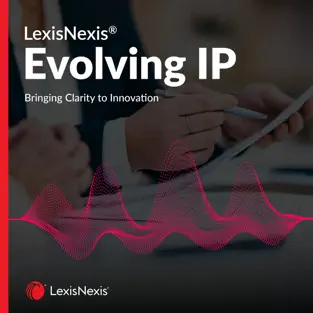
![[Advertisement]](https://ipwatchdog.com/wp-content/uploads/2021/12/WEBINAR-336-x-280-px.png)
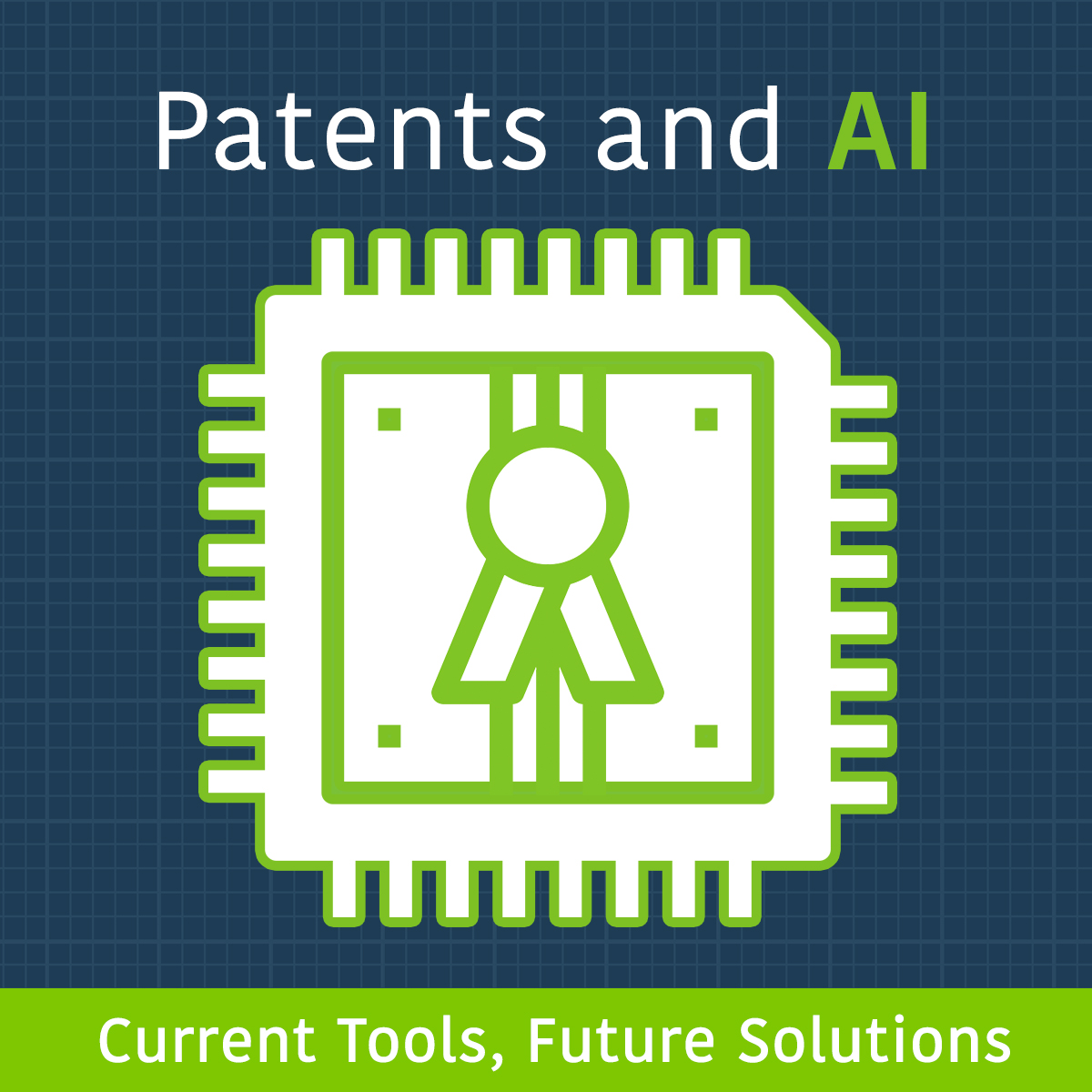
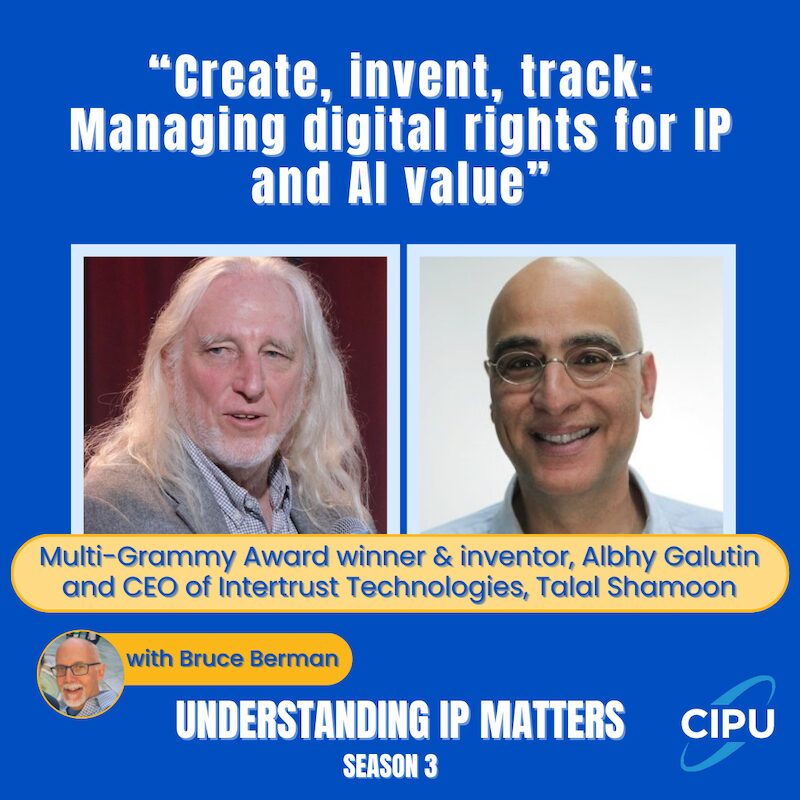
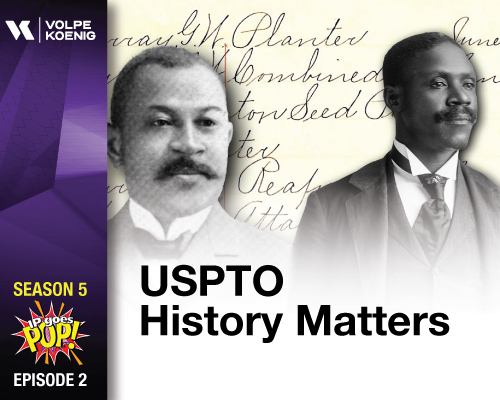

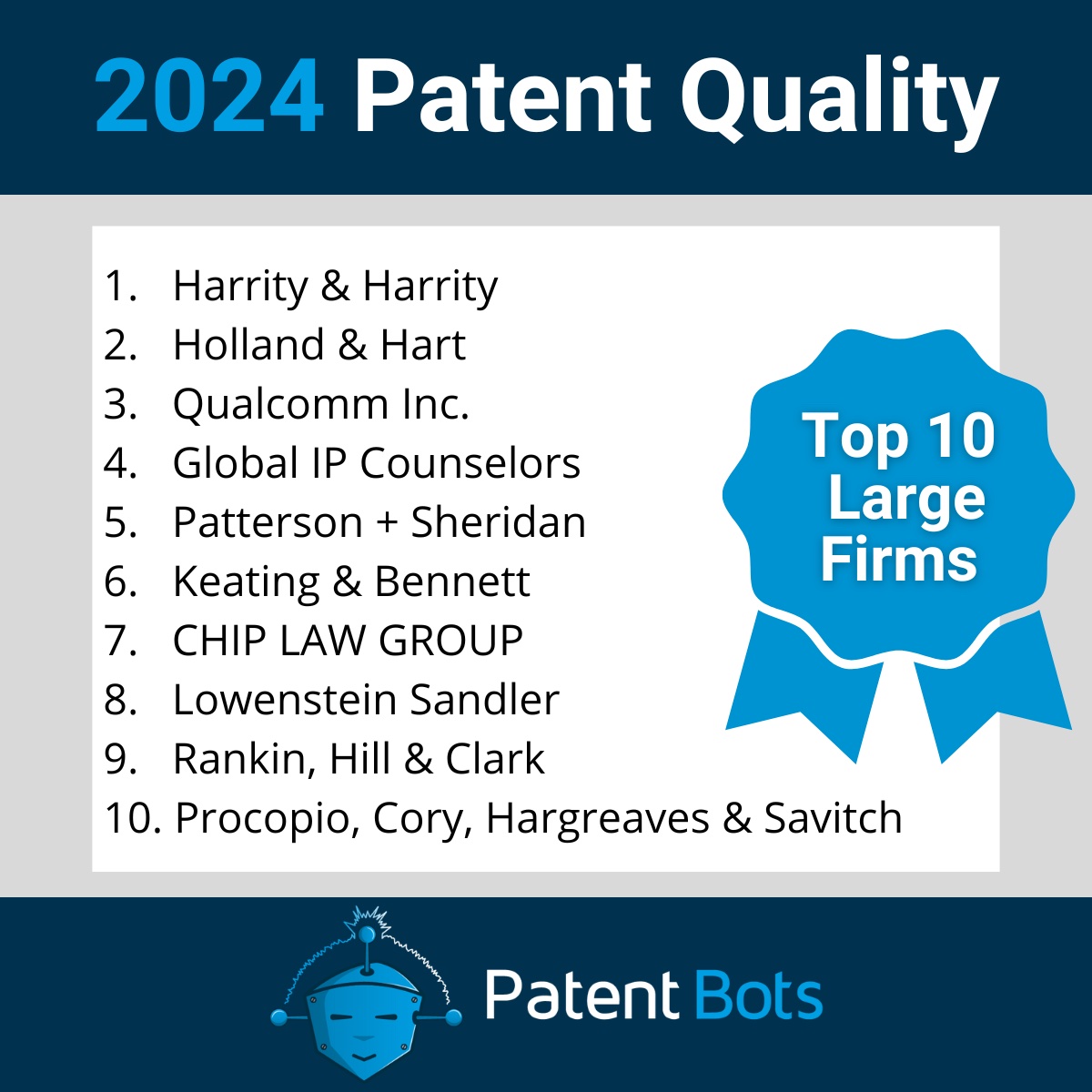

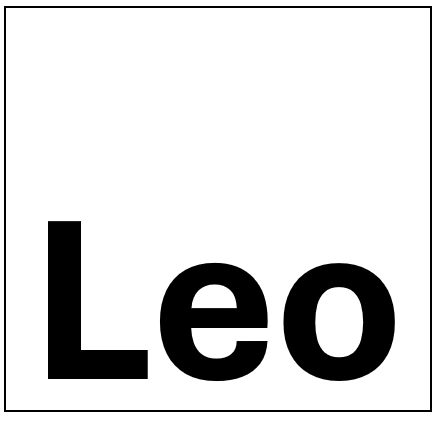


![[Advertisement]](https://ipwatchdog.com/wp-content/uploads/2021/12/2021-Patent-Practice-on-Demand-recorded-Feb-2021-336-x-280.jpg)